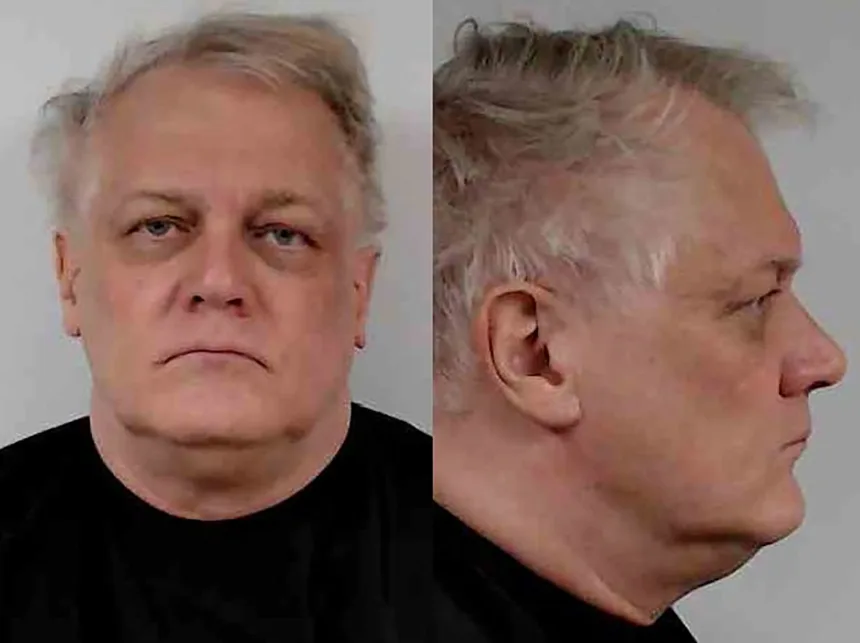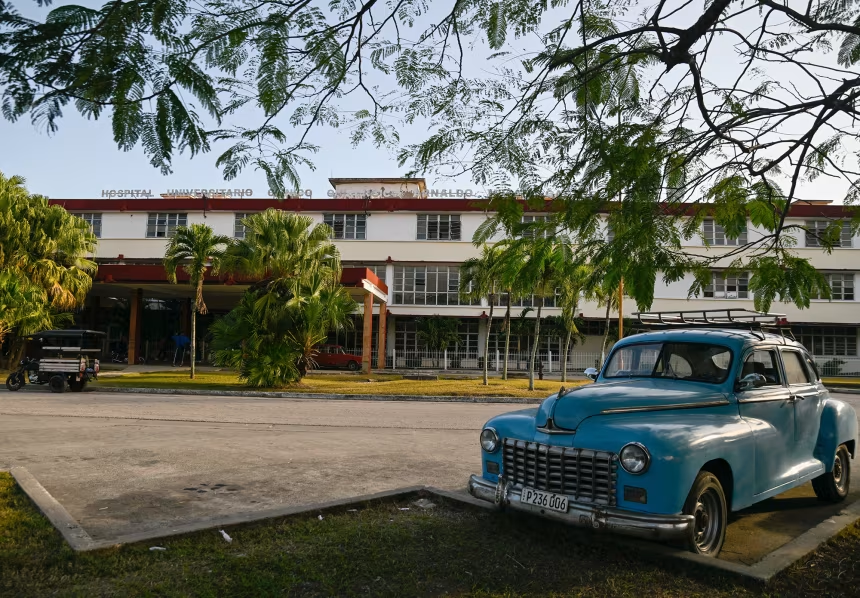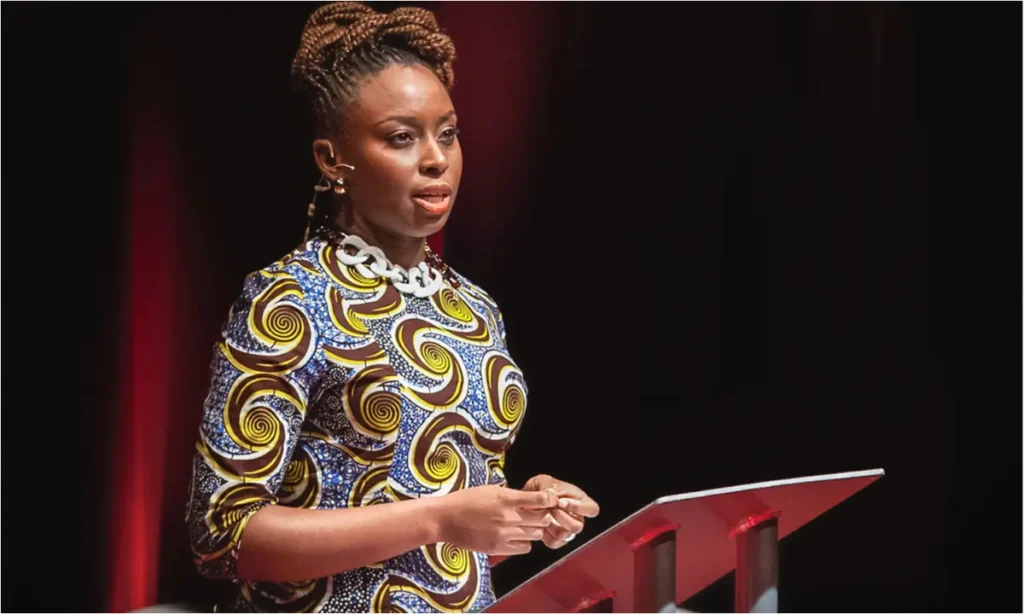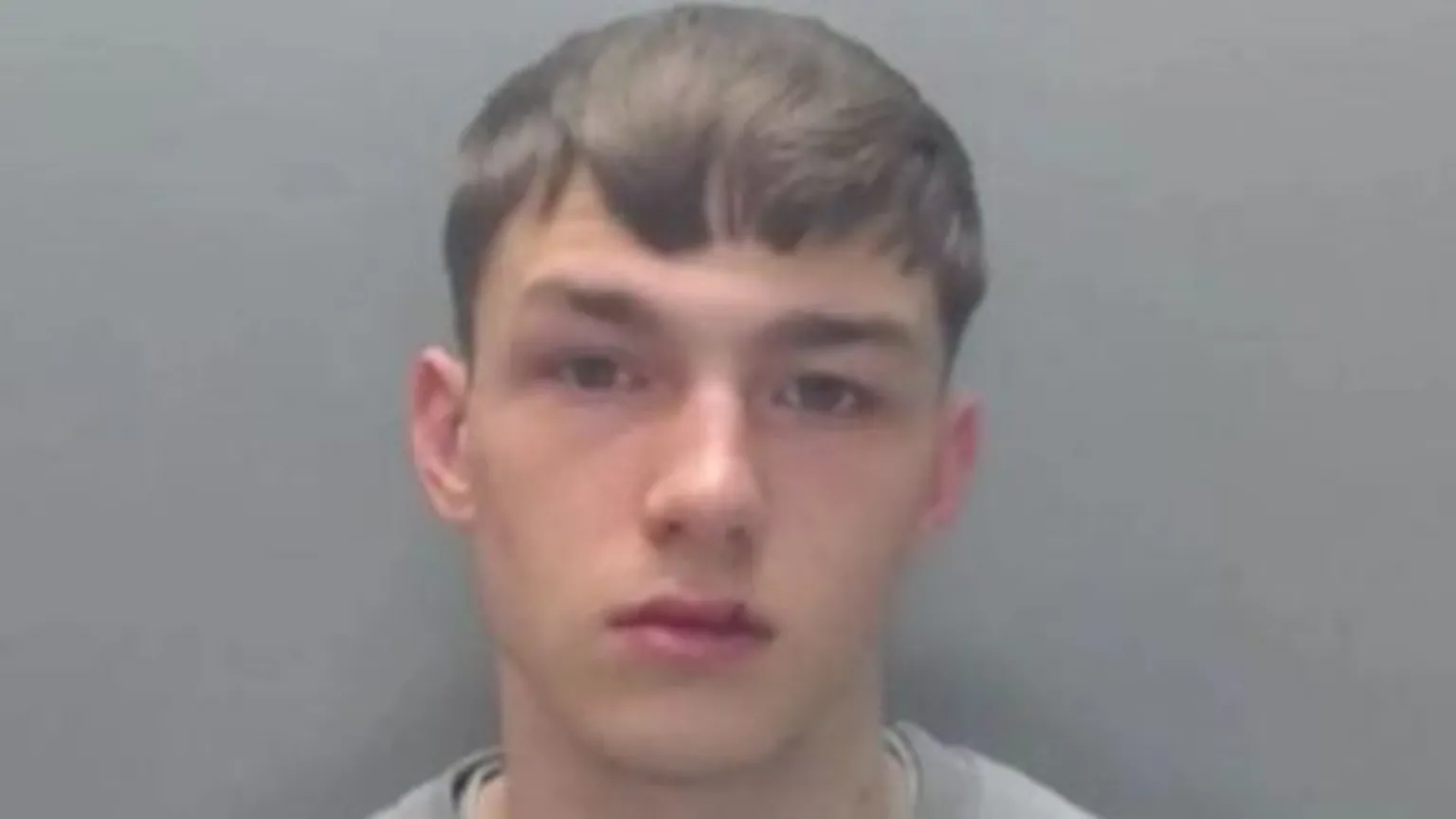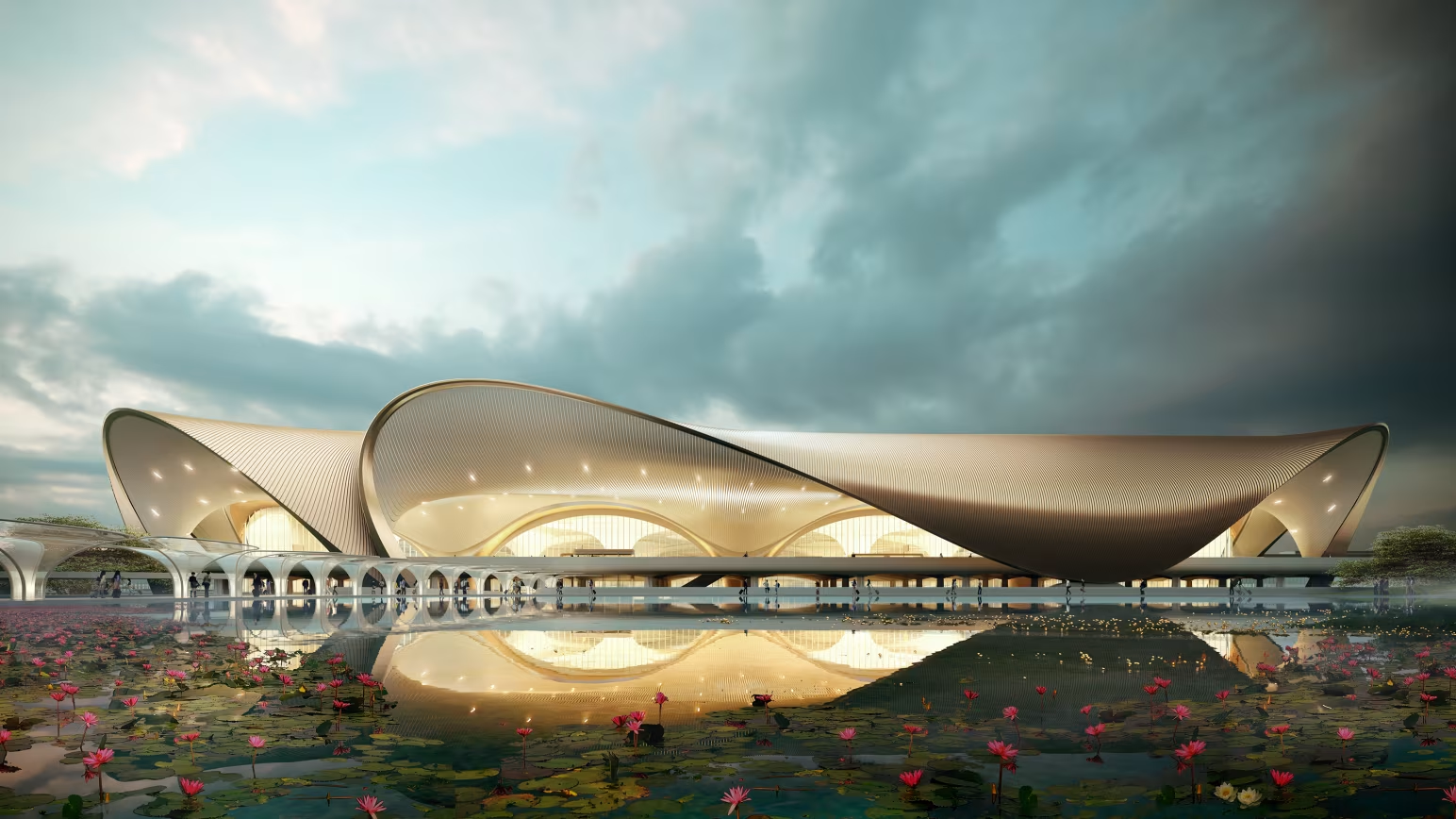Now Reading: Peru’s President Dina Boluarte Ousted Amid Corruption Scandals and Allegations of Abuse
-
01
Peru’s President Dina Boluarte Ousted Amid Corruption Scandals and Allegations of Abuse
Peru’s President Dina Boluarte Ousted Amid Corruption Scandals and Allegations of Abuse
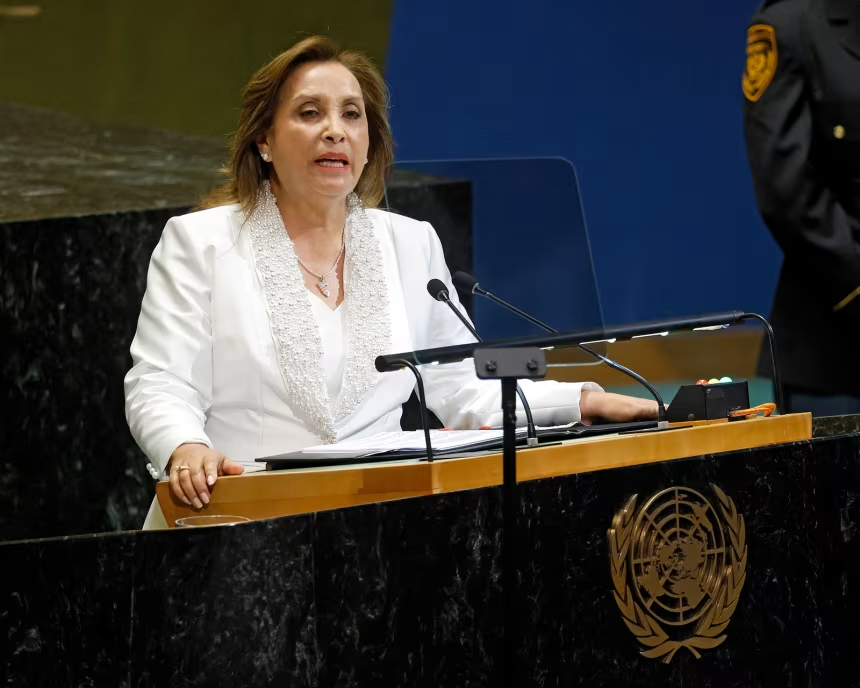
Peruvian President Dina Boluarte has been removed from office following a dramatic late-night vote by Congress, marking yet another chapter in the country’s long-running political turmoil.
Lawmakers from across party lines voted overwhelmingly on Thursday night to oust Boluarte, citing her “permanent moral incapacity” to lead amid mounting corruption and human rights allegations.
The 62-year-old leader, who became Peru’s first female president in 2022 after the downfall of Pedro Castillo, has spent much of her presidency battling scandals ranging from bribery accusations to claims of plastic surgery cover-ups.
She refused to attend Thursday’s congressional session and has denied all allegations, calling them part of a campaign to destabilize her administration.
Under the Peruvian constitution, Congress President José Jerí Oré, 38, will serve as interim head of state and is expected to call fresh elections in the coming weeks.
A Presidency Mired in Controversy
Boluarte’s downfall follows months of political pressure and public outrage. She faces multiple investigations, including alleged involvement in the deadly 2022 crackdown on protesters following Castillo’s removal, during which more than 60 people were killed.
Prosecutors have also accused her of accepting Rolex watches and luxury jewelry as bribes and using a presidential vehicle to transport a fugitive politician.
Perhaps most controversially, Boluarte is accused of abandoning her duties in 2023 to undergo cosmetic surgery on her nose, without informing Congress or delegating her powers — a constitutional violation. Though she claimed the operation was medically necessary, her surgeon later said the procedures were “purely cosmetic.”
Even her traditional allies in Peru’s conservative political bloc abandoned her. Prominent figures like Rafael López Aliaga of the Popular Renewal Party and Keiko Fujimori of Popular Force joined the opposition push for her removal.
Another Chapter in Peru’s Political Chaos
Boluarte’s ouster cements Peru’s reputation as one of Latin America’s most politically unstable democracies. Since 2000, seven Peruvian presidents have faced trials or criminal investigations for corruption or rights abuses. Another — Alan García — took his own life as police moved to arrest him.
The country has also been grappling with rising violent crime, which led to a state of emergency earlier this year in Lima and the province of Callao after the murder of a popular musician.
For many Peruvians, Boluarte’s removal feels like déjà vu — another president brought down not by an election, but by scandal and congressional revolt.
